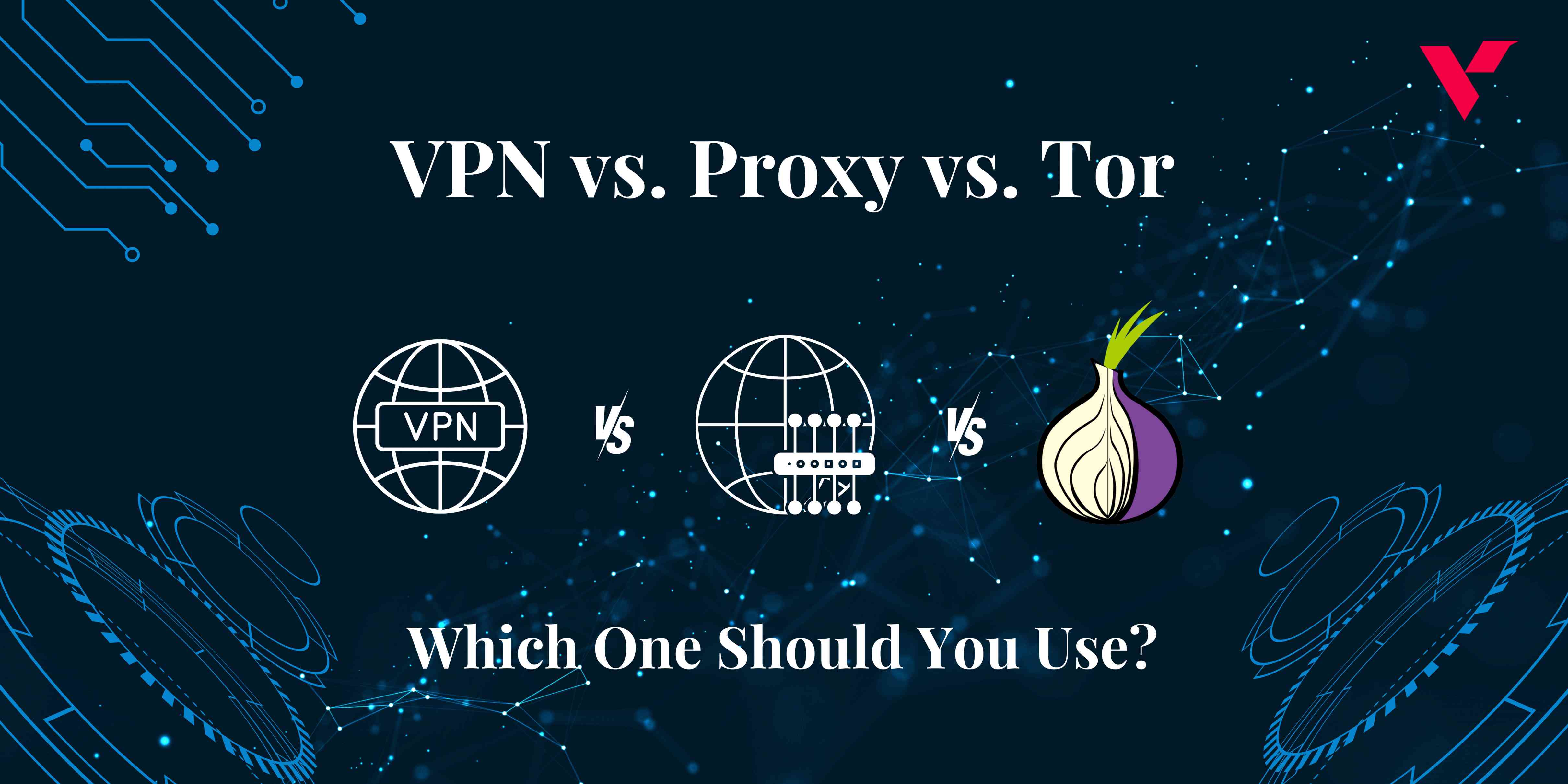Popular Tools by VOCSO
As a startup or small business, you’ll likely need to build custom applications unique to your business at some point during your growth. And data shows you’re more likely to outsource the development than tackle it in-house. About 60% of companies today outsource their software application development.
Software outsourcing can benefit businesses that need more resources or expertise to develop their software solutions. It also helps them save time and money by allowing them to focus on other aspects of their business while the outsourcing company takes care of the development process.
But it’s not always easy to determine whether or not to tackle software development in-house or outsource the work. Starting the outsourcing process can also be overwhelming.
Stay tuned to learn the basic steps of software development outsourcing and how to avoid common pitfalls for a successful outsourcing experience.
Table of Contents
What is software development outsourcing?
Software development outsourcing refers to the practice of hiring an external company or individuals to handle the design, development, and maintenance of software for a client. This can include a wide range of services such as custom software development, web and mobile app development, maintenance and support of existing software, and more. The client company may outsource all or some aspects of its software development needs, depending on its specific requirements and resources.
The main benefits of software development outsourcing include access to a larger pool of skilled professionals, cost savings on ATS hiring and training, and the ability to focus on core business operations while leaving the software development to experts. However, there are also potential downsides, such as communication and cultural barriers, and the need for strong project management and oversight to ensure that the software meets the client’s needs.
There are various models of software development outsourcing, including:
- Onshore outsourcing: where the client company hires an external provider within their own country
- Nearshore outsourcing: where the client company hires an external provider in a nearby country
- Offshore outsourcing: where the client company hires an external provider in a distant country
Overall, Software Development Outsourcing is becoming increasingly popular as companies look to leverage the expertise and cost savings offered by external providers while maintaining control over their software development needs.
Pros and Cons of outsourcing software development
Outsourcing software development is having an external software development team handle the entire software product development process. It involves hiring a remote team to handle the development cycle, from requirements gathering to coding and testing.
While the process offers exceptional benefits, there are also some potential drawbacks to consider.
Pro – Saves resources
Outsourcing software development can be a great way to save time and money. It allows businesses to access the best talent worldwide without paying for expensive in-house software engineers. It also eliminates the need for hiring and training new employees, which significantly speeds up the development process.
Con – Hidden costs
While one main advantage of outsourcing software development is the potential for financial savings, some outsourcing companies charge hidden fees for project management or even electricity. A reputable outsourcing company will always be upfront and transparent about its pricing.
Pro – Access to amazing talent and technology
Outsourcing software engineering can provide access to cutting-edge technology and experienced professionals with specialized skill sets that may be available in various ways.
Con – Difficult to find the right outsourcing company
There is no shortage of software development companies. With so many options, navigating the selection process can be challenging.
Pro – Focus on core competencies
Outsourcing software development can help businesses focus on their core business objectives while freeing up resources for other important activities, such as marketing and customer service. So, as the common saying goes, do what you do best and let your outsourced team take care of the rest.
Con – Security, success, and satisfaction risks
Outsourcing software development can be a risky business. When you outsource your software engineering projects, there is always the risk that you will not be satisfied with the final product. There is also the risk that the project may be unsuccessful or cost more than initially planned.
Furthermore, there are security risks when sharing data with third parties, which you must remember.
Basic steps to successful software development outsourcing
Outsourcing software development can be an incredibly successful strategy, but it takes careful planning and execution.
Explore this short yet comprehensive guide on outsourcing software development.
- Establish project goals and objectives: Identify the project’s key features, functionality, and timeline.
- Research potential vendors: Research software development companies specializing in the type of project you want to outsource.
- Request for proposal (RFP): Put together an RFP to solicit proposals from the vendors you have identified.
- Evaluate proposals: Carefully review the submissions and select the vendor that best meets your needs.
- Negotiate contract: Negotiate an agreement with the vendor that outlines all of the terms and conditions of the relationship.
- Develop software: Launch into development mode once you have selected a vendor. This phase is where most of the work takes place, and project milestones will be assigned to specific tasks as outlined in the contract, timeline, and objectives document.
- Execute final test cycles: Conduct a final quality assurance testing process with the vendor partner that’s developing your software
- Release product: Release the product to your client base for in-house use and implement marketing campaigns designed around the psychology of buying software.
4 common mistakes to avoid when outsourcing software development
Common Mistake #1 – Not Establishing Clear Requirements
Establishing clear requirements is one of the most important steps when outsourcing software development projects. With a clear understanding of the work required, it’s easier for developers to accurately estimate the scope and timeline of the project.
A requirement document is the best way to lay the groundwork for a software development project. Writing a requirement document takes work, but it helps ensure everyone involved in the project understands their responsibilities. It also makes it easier for developers to create software requirement specifications (SRS) that accurately reflect the customer’s needs.
Common Mistake #2 – Focusing Solely on Cost & Not Quality
Regarding software development, one of the most common mistakes is focusing solely on cost while not considering the quality. Companies often try to save money by outsourcing projects or hiring cheaper developers, which can lead to poor quality results.
It’s important to remember the cost of a project only sometimes reflects its quality. Therefore, when budgeting for an outsourced project, it is important to consider price and quality to ensure successful results.
Additionally, companies can use several cost-saving strategies, such as utilizing third-party platforms to build custom company tools, like a spreadsheet-to-app converter, to keep development costs down.
Common Mistake #3 – Failure to Properly Vet Potential Vendors
Selecting the right vendor for your project can be a daunting task. Therefore, it is important to properly vet potential vendors to ensure you are choosing the best fit for your project.
Creating a vendor scorecard template is an important part of the vendor selection process. This template should include criteria such as pricing, quality of services, customer service, and other relevant factors that will help you evaluate each potential vendor.
Common Mistake #4 – Lack of Proper Communication During the Project
Communication is key to a successful software project. Without proper communication, project teams can quickly become overwhelmed and unable to deliver on time. This potential overwhelm is why it’s essential for software projects to have a communication plan in place from the start.
Project managers should use various tools and strategies for effective communication throughout the project life cycle. These include using project management software, holding regular team meetings, using collaboration tools such as Slack or Zoom, and setting up an open communication channel between all stakeholders involved in the project.
Additionally, having clear expectations and deadlines can help ensure that all parties know their responsibilities and stay on track with their tasks.
10 reasons why companies outsource software development
In today’s fast-paced business environment, companies are constantly looking for ways to stay ahead of the competition and improve their bottom line. One strategy that has become increasingly popular in recent years is software development outsourcing. In this article, we’ll explore the top 10 reasons why companies choose to outsource their software development needs.
Cost Savings: Outsourcing software development can be significantly less expensive than hiring in-house developers. This is because outsourcing providers often have lower overhead costs and can offer more flexible pricing options.
Access to Skilled Professionals: Outsourcing providers often have teams of experienced developers with a wide range of skills, including expertise in specific programming languages and platforms. This can be especially beneficial for companies that need specialized software development capabilities.
Scalability: Outsourcing software development allows companies to quickly and easily scale up or down their development efforts based on changing business needs. This can be particularly useful for companies that experience seasonal fluctuations in demand for their products or services.
Time Savings: Outsourcing software development can free up internal resources and allow companies to focus on their core business operations. This can lead to significant time savings and allow companies to bring new products and services to market faster.
Flexibility: Outsourcing providers can often offer more flexible engagement models, such as project-based or hourly billing, which can be beneficial for companies with changing development needs.
Risk Mitigation: Outsourcing software development can help companies mitigate risks associated with the development process, such as delays, budget overruns, and project failures.
Innovation: Outsourcing providers often have a wealth of experience and expertise in the latest software development trends and technologies, which can help companies stay ahead of the curve and innovate faster.
Global Reach: Outsourcing software development allows companies to tap into global talent pools and access developers from around the world, which can be especially beneficial for companies that need to support multiple languages and cultures.
Improved Quality: Outsourcing providers often have strict quality assurance processes in place to ensure that the software they deliver meets the client’s needs and requirements.
Better Focus: Outsourcing software development allows companies to focus on their core business operations, rather than getting bogged down in the day-to-day details of software development. This can lead to improved efficiency and better overall results.
In conclusion, software development outsourcing is a popular and effective strategy for companies of all sizes. By working with an experienced outsourcing provider, companies can access a larger pool of skilled professionals, save on hiring and training costs, and focus on their core business operations while leaving the software development to experts. With all the above-mentioned benefits, it’s easy to see why software development outsourcing is becoming an increasingly popular option for companies looking to stay competitive in today’s fast-paced business environment.
Make an informed decision before deciding to outsource your software project
Outsourcing your software project can be a great way to save time and money. However, it is important to make sure you are making the right decision when outsourcing a project. This decision-making means assessing your needs and considering all the factors in choosing the right partner for your project.
By doing this, you can ensure that you get the best value for your money and will successfully complete the project on time and within budget.
How can VOCSO help?
VOCSO is a leading web development company with expertise in designing and developing websites for businesses of all sizes and all kinds of websites. We provide custom website design and development, custom CMS development, web application development, mobile app development, and digital marketing services across the world. We also offer dedicated web developers for hire, including:
We also provide dedicated resources for hire:
- Hire AngularJS Developers
- Hire ReactJS Developers
- Hire Dedicated PHP Developers
- Hire Laravel Developers
- Hire NodeJs Developers
- Hire WordPress Developers
- Hire NextJS Developers


















